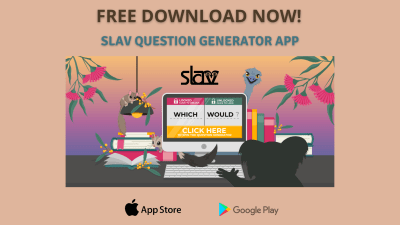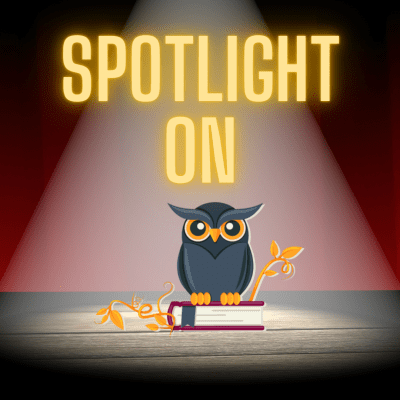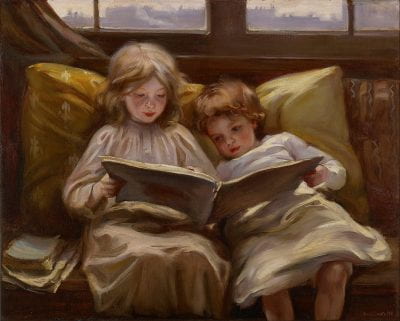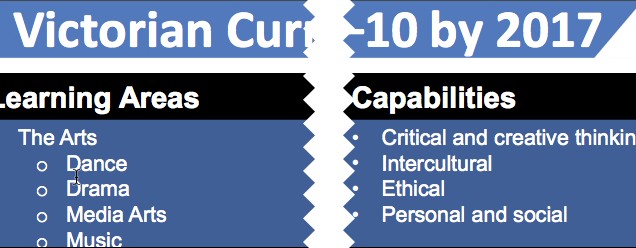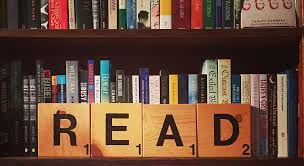
Our thanks to those who were able to join us for our SLAV online Book Club on Thursday June 15th, 2023, to discuss the topic: Fiction that enriches a curriculum area. Fiction related to a curriculum area can enrich a student or a teacher’s understanding. What fiction explores, explains or develops the readers insight into an area – history, science, art – there are lots of possibilities. Both Tye and Jenny focussed on General Capabilities for this meeting, but if you need more suggestions, we absolutely encourage you to reach out to Jenny at The Younger Sun as an invaluable resource in this area.
As always, so many of you had so many wonderful contributions to share with us, and it is very appreciated. We were also delighted to be joined, once again, by the fabulous and knowledgeable Jenny from The Younger Sun Bookshop in Yarraville. This was our fourth book club meeting for 2023, and we want to say a very special thank you to all who have attended and contributed to these informal and informative meetings. We cannot wait to see you at our next meeting, your generosity is greatly appreciated.
You can see our full list of planned topics for 2023 HERE.
Disclaimer: The lists generated as a result of Book Club discussions are not, by any means, an exhaustive list of all titles or authors for each genre/category discussed. Nor will all titles be suitable for all libraries. We advise staff discretion when referencing these lists, to properly confirm individual title suitability for individual libraries, school and student’s needs. These are suggested titles only, shared by our members and inclusion on, or exclusion from, a list does not suggest SLAV endorsement or rejection of a title.
General Capabilities – Aboriginal and Torres Strait Islander Histories and Cultures
VSV Reading – First Nations: Language and story – https://vsv.eplatform.co/browse/compilation/20317
VSV Reading – First Nations: Language and story – Younger readers
Includes picture books –
https://vsv.eplatform.co/browse/compilation/20316
Beautiful books by Auntie Fay, Auntie Joy & Auntie Patsy with Sue Lawson
Magabala Books – Indigenous Publisher
Nadia Wheatley’s classic My place was updated to include pre-colonial history and 1967 referendum and has a ABC tv series to supplement.
Uncle Xbox by Jared Thomas has also been popular.
Asia and Australia’s Engagement with Asia
Amazing authors to read –
Oliver Phommavanh
Alice Pung
Gabrielle Wang
Dragon Keeper Series by Carole Wilkinson
Tiger Daughter by Rebecca Lim
Tokyo Ever After – Emiko Jean
The Magic Fish – Trung Le Nguyen
Six Crimson Cranes – Elizabeth Lin
To All the Boys I’ve Loved (series) Jenny Han
Iron Widow – Xiran Jay Zhao
Strike the Zither – Joan He
This Time It’s Real – Ann Liang
Only A Monster – Vanessa Len
Catfish Rolling – Clara Kumagai
The Ones We’re Meant To Find – Joan He
VSV Reading – Harmony Week (Younger readers) – https://vsv.eplatform.co/browse/compilation/22484
The Red Palace by June Hur- Historical mystery thriller.
This Time it’s Real by Ann Liang- A fake romance turned real.
Front desk by Kelly Yang- Middle fiction- Realistic fiction- now a series.
Sustainability
VSV Reading – Our world and environment – https://vsv.eplatform.co/browse/compilation/24919
The Sky So Heavy – Claire Zorn
The Callers – Kiah Thomas
The Last Wild – Piers Torday
The Dark Wild – Piers Torday
The Wild Before – Piers Torday
The Wild Beyond – Piers Torday
Wind Riders (series) – Jen Marlin
Polar Bear Patrol – Jess Butterworth
The Adventure Club – Jess Butterworth
The Orphan Orangutan – Jess Butterworth
Polly Pecorino – Emma Chichester Clark
The Wild Robot – Peter Brown
The One & Only Ruby – Katherine Applegate
The Letterbox Tree – Rebecca Lim/Kate Gordon
Dear Greta – Yvette Poshoglian
The Orchard Underground – Mat Larkin
Devils In Danger – Samantha Wheeler
The Good Times of Pelican Rise – Samone Amba
The Last Bear – Hannah Gold
The Lost Whale – Hannah Gold
Humanities and Social Sciences

